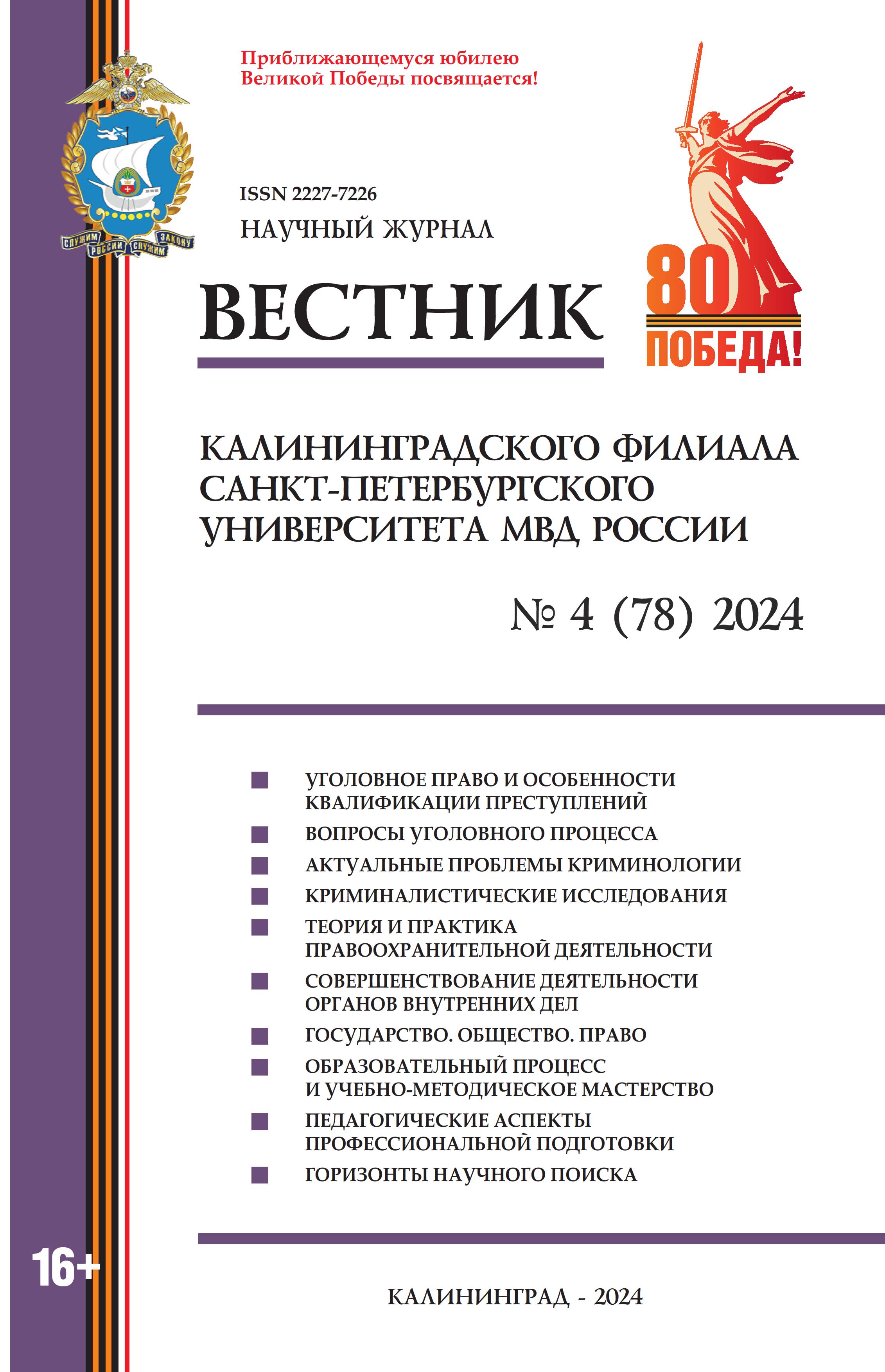UDC 37
CSCSTI 14.00
Russian Classification of Professions by Education 44.00.00
Russian Library and Bibliographic Classification 8
Russian Trade and Bibliographic Classification 8
BISAC EDU EDUCATION
Introduction. Currently, within the framework of the development of ideas of the modern concept of education, the issues of practice-oriented training are actively discussed. They have acquired particular relevance with the introduction of a competency-based approach to the formation of training programs for specialists with higher education into the pedagogical paradigm. The system of higher professional education in Russia is at the stage of profound reforms. Their necessity is due not only to the aggravated geopolitical situation, but also to a clearly defined social demand for the preparation of higher education graduates in such a way that upon graduation they could immediately join the labor processes, using the competencies formed during the training process. Methods. In the course of the study conducted by the authors of the article, the methods of description, generalization, situational analysis, and interpretation were used. Results. The conclusion is formulated that employees of the internal affairs bodies, within the framework of their professional service activities, are in dire need of communication skills based on the competencies formed during their training in educational organizations. Relying exclusively on the grammar approach based on studying the rules and consolidating them in practice when mastering the Russian language in the program of a departmental university is insufficient, since it does not allow for the formation of communicative competencies of the required level. In such a situation, when teaching the Russian language, it is necessary to use a communicative approach that involves the use of problem-based situational learning methods developed taking into account the results of the analysis of communicative practices of the future profession. The case-study method seems to be a promising method of situational teaching of professional Russian. Its use opens up broad opportunities for the teacher to actualize both intra linguistic and extra linguistic aspects of teaching professional communication to employees of internal affairs bodies in work with students of educational organizations of the Ministry of Internal Affairs of Russia.
Russian language, methods of teaching Russian language, educational organization, Ministry of Internal Affairs of Russia, situational training, communicative approach, professional service activity.







